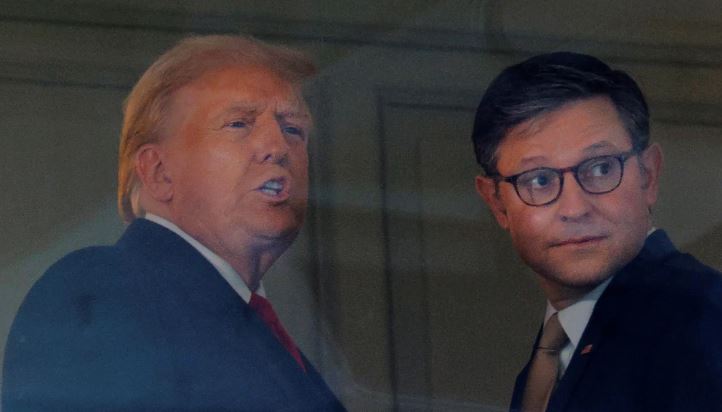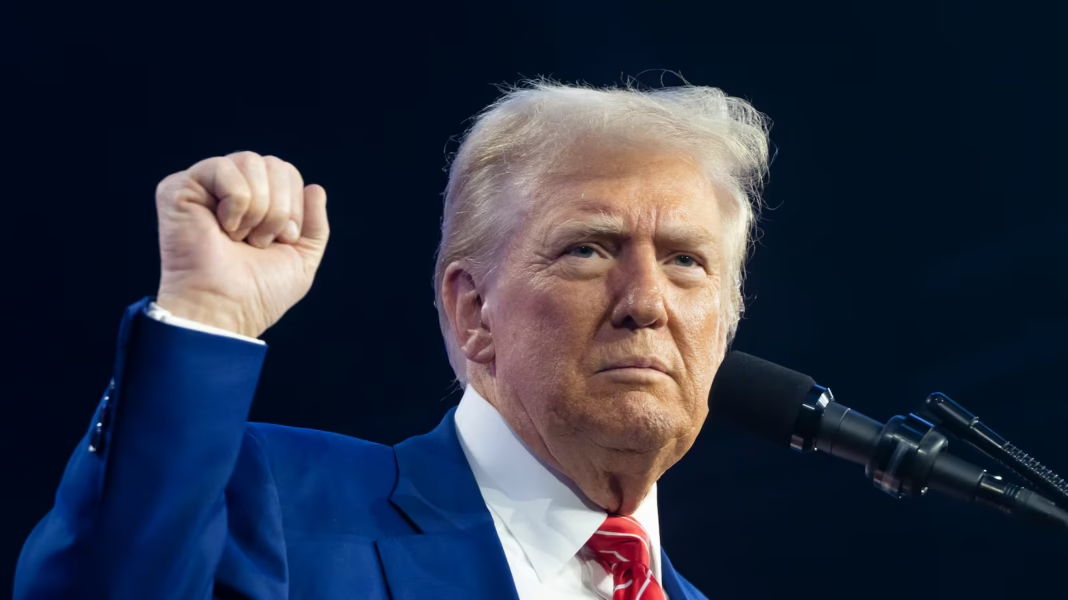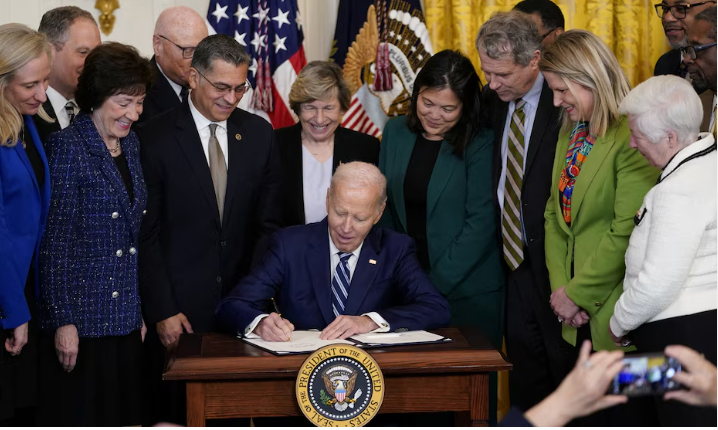After being re-elected as Speaker of the House, Mike Johnson, a Republican from Louisiana, laid out his ambitious plan for the new year. He promised that the Republican Party would work on a comprehensive set of reforms covering taxes, energy, border security, and more, with plans to pass a large package of these reforms by April.
Johnson shared his vision during an appearance on Fox News, stating that their efforts would include addressing what he called the “deep state” through legislative actions. The speaker emphasized that the reforms would be spread out across many issues, in line with the promises Republicans made during their campaigns.
Johnson and his fellow House Republicans met for a long strategy session to plan how to advance former President Donald Trump’s agenda in the upcoming Congress. Part of the plan is to extend Trump’s 2017 tax cuts, which are set to expire soon. The proposal also includes removing taxes on tips and Social Security benefits and raising the cap on state and local tax deductions.
The massive package will include measures to improve border security and boost energy production, with Republicans aiming to pass it through a process called budget reconciliation. This method would allow them to bypass the Senate filibuster and pass the bill with a simple majority.
While the large bill covers a wide range of issues, Republicans also plan to pass smaller, separate bills, especially focused on border security, which Johnson described as “low-hanging fruit” that should be addressed first.
There were discussions within the Republican Party about whether to divide the package into two bills—one focused on energy and the border, and another on taxes. However, Trump has supported keeping everything in one large bill. Johnson admitted that not everyone would agree with every part of the bill, but he believes there will be enough appealing elements to bring everyone on board.
The speaker’s efforts come after a difficult period for Republicans, who saw former Speaker Kevin McCarthy ousted due to party divisions. Johnson’s reelection as speaker was also challenging, as he initially faced resistance from several House Republicans. However, after some persuasion from Trump, those members reversed their stance, allowing Johnson to secure the votes needed.
Now that Johnson is in the role, his main challenge will be uniting the House Republicans behind Trump’s agenda. He aims to pass key legislation within the first 100 days of the new Congress. With a narrow majority in the House, he faces a delicate balance in bringing together different factions of his party.
Johnson has set an ambitious timeline to get the large package of reforms to Trump’s desk by April, with April 3 as the target date for a House vote. If that date is missed, Memorial Day would be the latest deadline. After passing the House, the package would then move to the Senate.
Before these legislative goals can be pursued, Congress must first resolve the issue of government funding. The most recent agreement to avoid a government shutdown only extends funding until March 14, and Republicans will need to tackle this issue before moving forward with their larger agenda.
Additionally, Congress will need to address the debt ceiling. The last agreement suspended the debt ceiling until January 1, but Congress is expected to revisit it by June. Trump has called for eliminating the debt ceiling entirely, though some Republicans in the House oppose this idea, while Democrats have shown openness to it. Johnson has suggested that debt ceiling negotiations could be bundled into the larger legislative package to avoid needing separate talks with Senate Majority Leader Chuck Schumer and the Democrats.
Finally, Johnson indicated that the Republican Party would push for deep cuts in government spending as part of their overall agenda. He believes these efforts, including reducing taxes and regulations, will lead to a stronger economy, similar to the growth seen during the first Trump administration before the COVID-19 pandemic. Johnson emphasized that the sooner they act on these reforms, the better it will be for the country’s economy.


